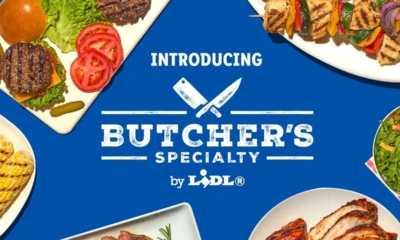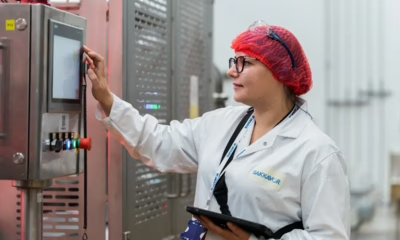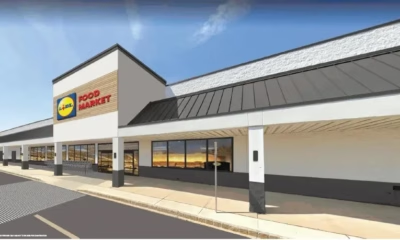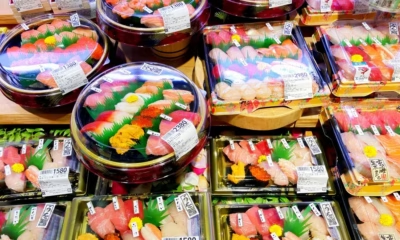Private Label
Grocers Rely on Private-Label Sales to Drive Traffic and Build Customer Loyalty.
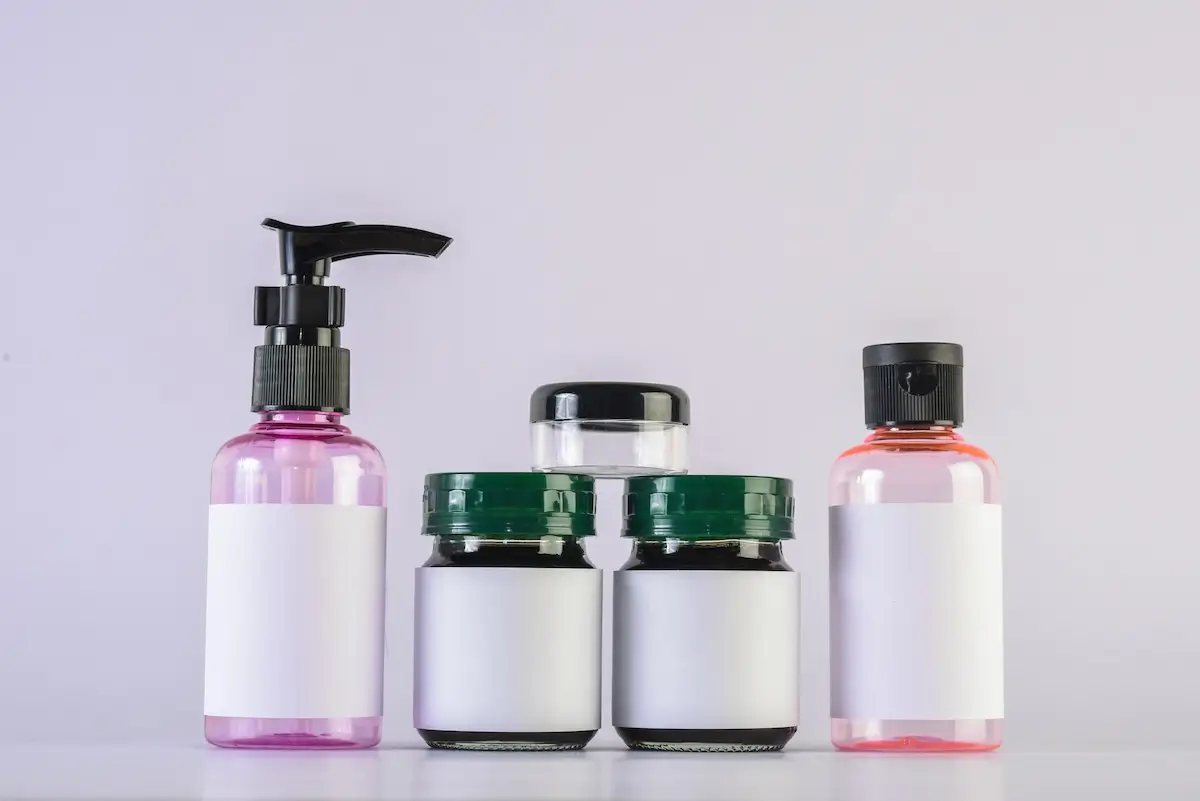
Grocers are leveraging the recent surge in private-label sales as a strategy to attract new customers and foster long-term loyalty, according to a new study by marketing tech firm Ibotta. The firm’s annual State of Spend report surveyed over 5,400 grocery shoppers and CPG brand marketers, revealing that 72% of consumers have turned to private-label brands due to a challenging economy. The report suggests that promotions on private-label items can cultivate long-term brand loyalty and enhance perceived value for shoppers.
The study found that 75% of consumers would consider switching to a different brand if it offered a lower price than their usual choice. Bryan Leach, founder and CEO of Ibotta, noted, “If shoppers take an exit ramp to a private-label product, brands understand that the cost of inaction is steep. As they think strategically about how to win consumers back, digital promotions have proven to be one of the most cost-effective and immediate solutions for growing market share.”
Other key insights from Ibotta’s State of Spend report include:
- Shoppers are prioritizing spending on essentials while cutting back on discretionary items. In the food and beverage sector, categories such as alcohol (down 8%), plant-based meat/dairy (down 5%), snacks (down 4%), and frozen foods (down 3%) have seen the most significant declines.
- Changing shopping habits reflect budget and time constraints, with the percentage of people shopping at least once a week decreasing to 77%. Loyalty programs are increasingly influencing grocery purchasing decisions.
- The most important factors influencing in-store decision-making are price, quality, store promotions, and brand familiarity, in that order. Notably, 74% of grocery purchases are repeat buys.
- Investment in digital promotions is rising, driving growth across various tactics, particularly in early-stage customer engagement.
- A significant 70% of marketers believe that private-label competition poses the greatest threat to their brands, necessitating a strategic focus on building brand equity, differentiating offerings, and expanding their customer base.
- When measuring success, marketers prioritize incremental sales and customer lifetime value, ranking them higher than metrics like market share, payback period, and customer acquisition cost.
The private-label sector has experienced remarkable growth over the past year. According to the Private Label Manufacturers Association (PLMA), annual store brand dollar sales increased by 34% over the four years ending in 2023, amounting to $60.2 billion more compared to 2019. The store brand dollar share reached a record 18.9%, with unit sales up by 500 million during this period, pushing unit share to a new high of 20.7%, according to PLMA.

